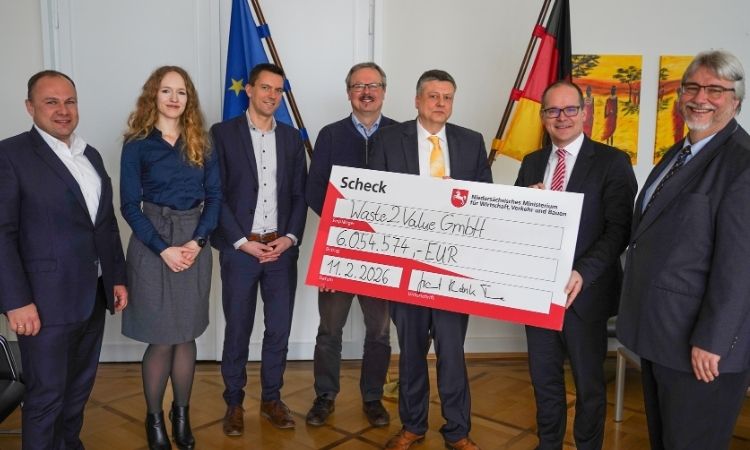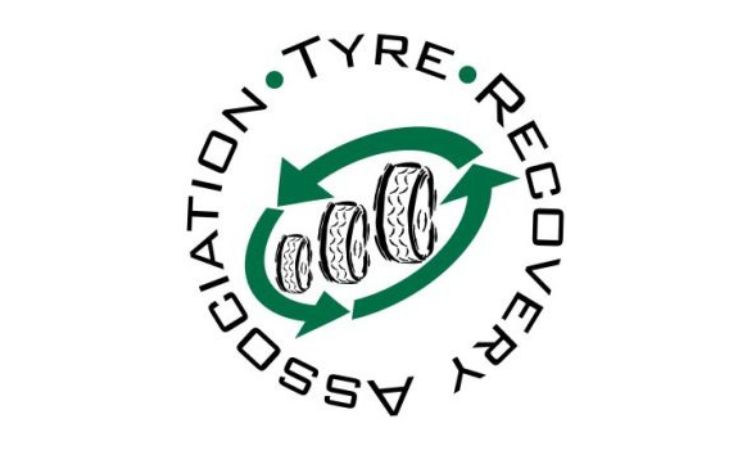IRSG partners with Singapore university to promote study on rubber industry sustainability
International Rubber Study Group (IRSG) announced the press release for the collaboration with Nanyang Technological University Singapore (NTU) to support research on sustainability in the rubber industry.
The collaboration involves:
- Research on Impact of Climate Change on the rubber industry
- Developing a white paper based on the IRSG statistical model
- Further collaborations in the pipeline to track traceability and sustainability in the rubber supply chain.
Natural rubber is a strategic raw material for which there are no sustainable alternatives. Natural rubber plantations cover around 14 million ha and produced a total of 13.01 million tonnes in 2019 (IRSG), with a compound annual rate of 1.8% in the last decade.
Thailand and Indonesia produced 56% of the world's total in 2019, with Southeast Asia representing 84% of global rubber production (IRSG, 2021).
Rubber production sustains about 40 million people globally, with around 90% of production coming from small plantations. Rubber is used in more than 5,000 products, predominantly in the automotive and aircraft industry, with more than 70% of production directed used in automobile tyres and non-tyre automotive parts.
Impact of Climate Change on the rubber industry
The main source of natural rubber, Hevea brasiliensis, grows optimally in areas with mean temperatures of 25-28°C and rainfall above 1,500 mm, with conditions in marginal areas being cooler, drier or both. High air moisture content facilitates latex flow, but excessive rain can hinder harvesting.
Climate change will make some traditional areas less favourable because of drought or excessive precipitation, while some marginal areas will become more favourable due to warming.
To understand how climate change impacts the rubber industry, Singapore Agri-Food Lab@NTU (SAIL) has enhanced the collaboration with IRSG, a SAIL Partner, to conduct research activities on the economic and social impacts of climate change on the rubber industry.
Further collaborations in the pipeline to track traceability and sustainability in the rubber supply chain
The collaboration between IRSG and NTU could be further developed after the first year to focus on sustainability in the rubber industry beyond plantation to the supply chain.
Traceability is one of the most challenging aspects of sustainability in the natural rubber supply chain since about 85% of the global natural rubber is produced by small independent stakeholders with little interaction with downstream companies.
As natural rubber is non-perishable, it can be stored for a long time and travel long distances. This means having access to factory production dates and locations may not provide meaningful information related to smallholders and plantations.
Says Research Director of the Centre of Excellence International Trading (CEIT) Assistant Professor Ru Hong, who is also from NTU’s Nanyang Business School: "Rubber is one of the most important commodities in the world, supporting more than 40 million people directly, and much more indirectly. As such, it is important to learn how to ensure both plantations and supply chains are sustainable."
To support the research collaboration, IRSG has contributed financially as a corporate partner to the NTU CEIT Ph.D. scholarship.
To learn more about the study, please proceed to the IRSG website.
Weibold is an international consulting company specializing exclusively in end-of-life tire recycling and pyrolysis. Since 1999, we have helped companies grow and build profitable businesses.









